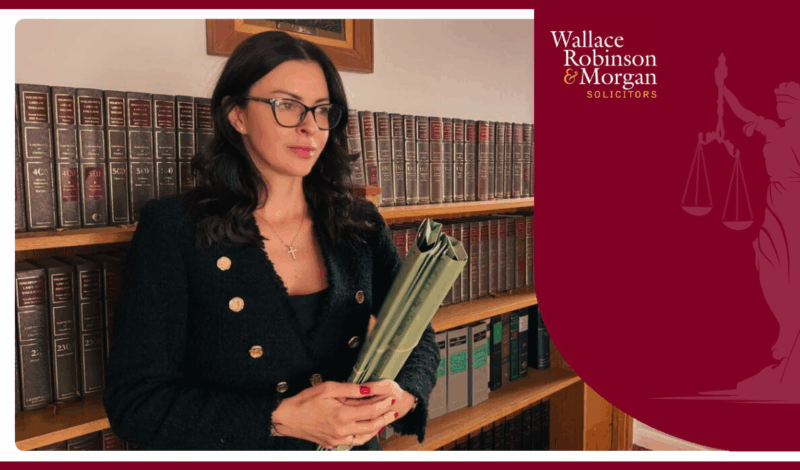Anti-Money Laundering (AML) regulations are a cornerstone of modern legal and financial compliance. While many people understand the need for identity checks when large sums of money are changing hands, a common question we receive is:
Why do I need to go through AML checks if no money is involved?
It’s a fair question — and the answer lies in the broader responsibilities that solicitors have under UK law.
Legal Requirement Under AML Regulations
All law firms in the UK are regulated under the Money Laundering, Terrorist Financing and Transfer of Funds (Information on the Payer) Regulations 2017. These regulations require solicitors to carry out due diligence on all clients involved in certain types of legal work, including property transactions, company law matters, and other areas where there is a risk of money laundering or terrorist financing.
Crucially, these rules apply whether or not funds are being transferred as part of the transaction.
It’s Not Just About Money — It’s About Identity and Risk
Even if you’re not paying funds to or from another party — for example, in a transfer of equity, gift of property, or transfer under a will — we are still required to confirm your identity and verify your address. This is because property and asset transfers can be used to disguise the movement of illicit funds or to hide ownership.
In short, confirming who you are and ensuring the legitimacy of the transaction helps protect the legal system — and you.
Protecting Clients and the Legal Profession
AML checks are not just about ticking boxes. They help:
- Prevent fraud and identity theft
- Safeguard against property or asset misuse
- Ensure that solicitors are not inadvertently facilitating illegal activity
- Uphold the integrity of the legal system
Failing to comply with these checks can result in serious legal consequences for both solicitors and clients.
We understand that AML checks can sometimes feel intrusive, especially when no money is changing hands. However, they are a normal and necessary part of modern legal practice. Rest assured, your information is handled securely, and the process is in place to protect all parties involved in the transaction.
Kateryna Knyazyeva
Paralegal – Residential Conveyancing Department
This article is for general information purposes only. It does not constitute technical, financial, legal advice or any other type of professional advice and is no substitute for specific advice based on your individual circumstances. We do not accept responsibility or liability for any actions taken based on the information in this article. For more information, please click here.


